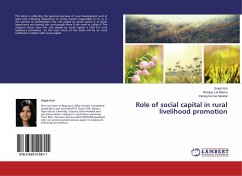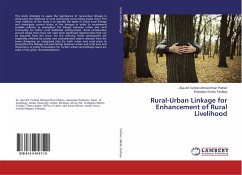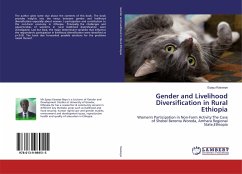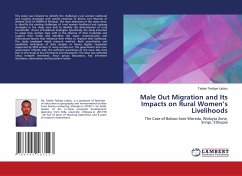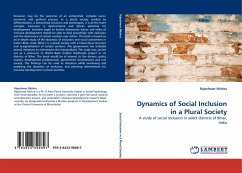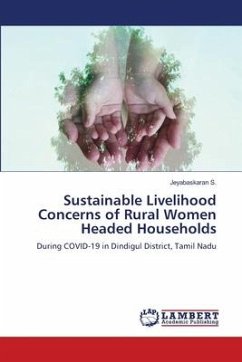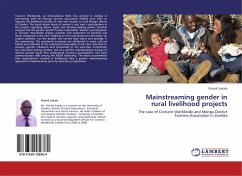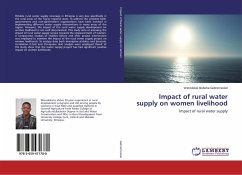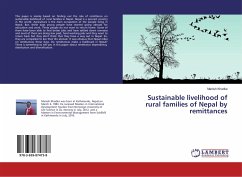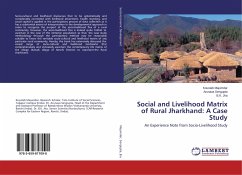
Social and Livelihood Matrix of Rural Jharkhand: A Case Study
An Experience Note from Socio-Livelihood Study
Versandkostenfrei!
Versandfertig in 6-10 Tagen
36,99 €
inkl. MwSt.

PAYBACK Punkte
18 °P sammeln!
Socio-cultural and livelihood discourses that to be systematically and considerably correlated with livelihood attainment, health standing, and social capital is applied in the participatory process of data collection as it has a substantial extent of interpretation in the developmental approach in order to recognize the purport of the socio-livelihood flux of a rural community. However, the socio-livelihood flux is indeed quite ticklish to ascertain in the case of the immense population so that, the case study methodology through the participatory method may be reasonably suitable to know the...
Socio-cultural and livelihood discourses that to be systematically and considerably correlated with livelihood attainment, health standing, and social capital is applied in the participatory process of data collection as it has a substantial extent of interpretation in the developmental approach in order to recognize the purport of the socio-livelihood flux of a rural community. However, the socio-livelihood flux is indeed quite ticklish to ascertain in the case of the immense population so that, the case study methodology through the participatory method may be reasonably suitable to know the veritable socio-cultural and livelihood matrix of any particular rural community. Hereby, the book has extensively discussed the varied range of socio-cultural and livelihood landmarks that comprehensively and inclusively ascertain the contemporary life matrix of the village (Kawali village of Ranchi District) to represent the Rural Jharkhand.



